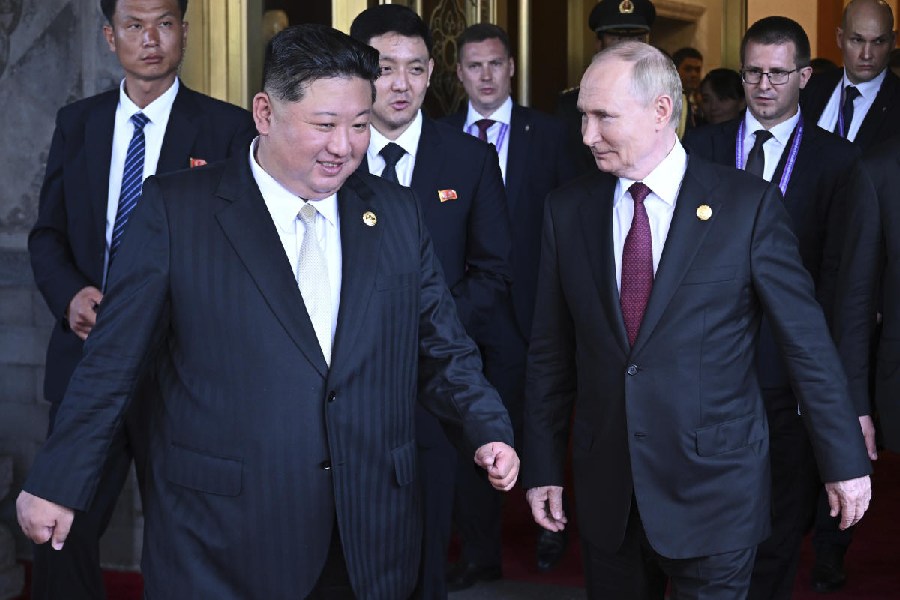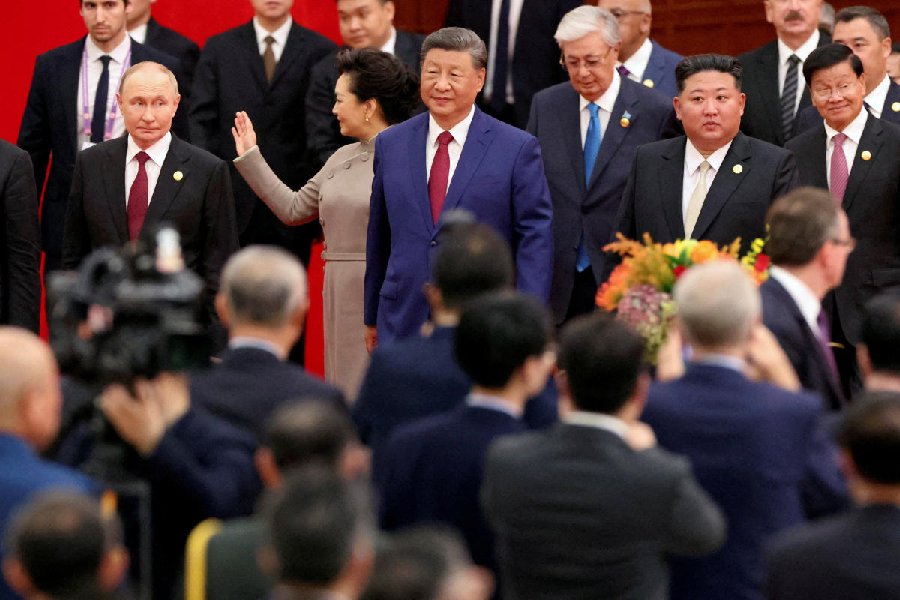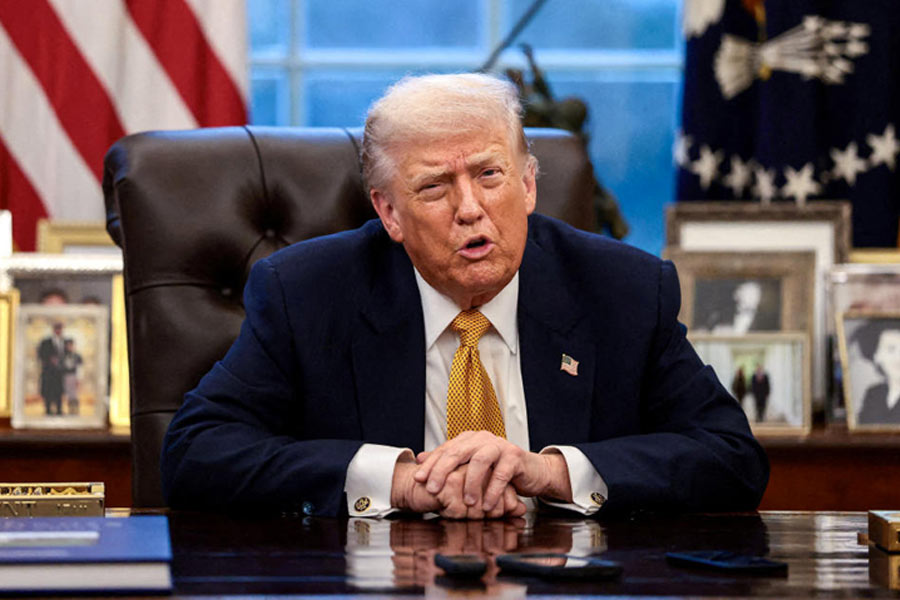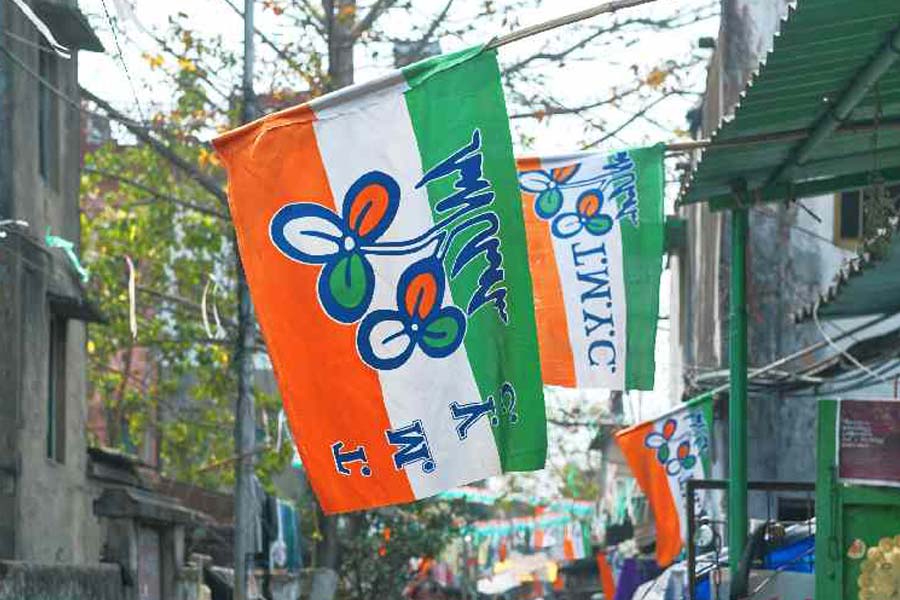Vladimir Putin on Wednesday invited North Korean leader Kim Jong Un to visit Russia following two-and-a-half hours of talks in Beijing.
The leaders embraced as they parted ways, with Kim telling Putin through an interpreter, "See you soon," to which the Russian President responded, "We are waiting for you, come visit us."
Kim pledged his full support to Moscow, promising to do "everything I can to assist" as Putin expressed gratitude for North Korea’s deployment of troops to support Russia in its fight against Ukraine.
According to South Korean assessments, Pyongyang has sent approximately 15,000 troops to Russia since last year, alongside ballistic missiles, artillery, and other military equipment.
Putin and Kim’s meeting took place at Beijing’s Diaoyutai State Guest House after they attended a large-scale military parade marking the 80th anniversary of the end of World War II.
The Kremlin said both leaders travelled together to the negotiations from a reception. In his remarks at the start of the meeting, Putin praised the bravery of North Korean soldiers who fought alongside Russian troops to repel a Ukrainian incursion into the Kursk border region.
Kim highlighted that cooperation between North Korea and Russia has "significantly strengthened" since both countries signed a strategic partnership pact in June last year during a summit in Pyongyang.
He added that any further contributions to support Moscow would be a "fraternal duty" and said he would be prepared to "do everything possible to help."
The celebrations in Beijing marked Kim’s first participation in a major multilateral event during his 14-year rule and the first time he, Putin, and Chinese President Xi Jinping have appeared together.
Observers are watching for a potential bilateral meeting between Kim and Xi or even a private trilateral session with Putin, although none of the countries have confirmed such plans.
At the parade, Xi warned the world was at a crossroads between peace and war, flanked by Putin and Kim in a show of alignment between the three powers.
Asked if this signaled the emergence of an anti-US axis, US President Donald Trump dismissed the possibility: "I am not concerned at all ... We have the strongest military in the world, by far. They would never use their military on us. Believe me."
Trump also said he was "very disappointed" with Putin, suggesting that Xi, Putin, and Kim were conspiring against the United States.
Kremlin foreign policy aide Yuri Ushakov told Russian state television that "no one has been conspiring, no one has been plotting anything, no conspiracies."
Ushakov suggested Trump may have been speaking ironically and added that Moscow recognises the role Trump and his administration play in the current international climate.
Russia has pledged to support China’s ambition to surpass the United States as the world’s largest producer of nuclear power.
Alexei Likhachev, head of the Rosatom state nuclear corporation, told Russian state TV that Beijing aims to exceed 100 gigawatts of installed capacity.
He confirmed that Russia is already assisting China and has helped build four reactors, with four more under construction.
China had 53.2 gigawatts of operating nuclear power reactor capacity as of April 2024, while the United States operates the world’s largest nuclear reactor network with nearly 97 gigawatts.
Likhachev said China’s plans will require uranium supplies and advanced closed nuclear fuel cycle reactors based on Russian technology.











